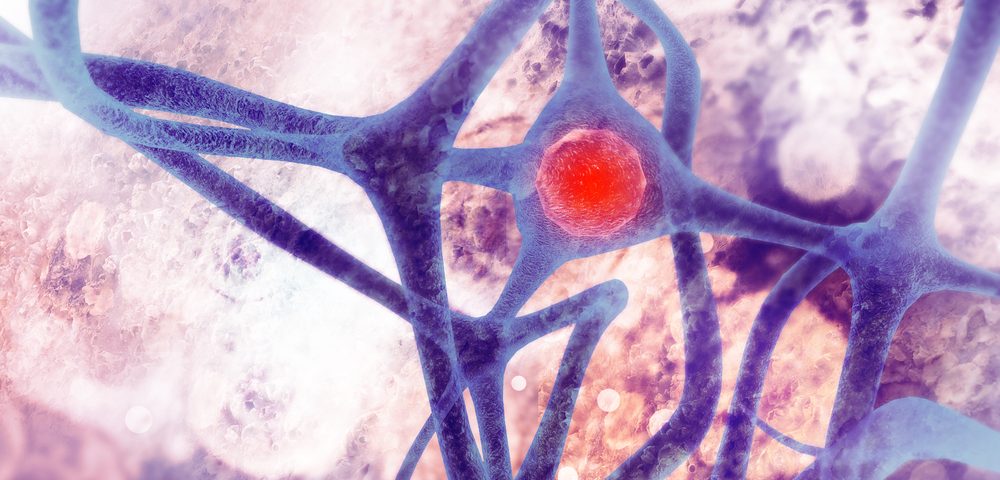Researchers found a mutation in the KCTD7 gene in two young boys with progressive myoclonus epilepsy (PME), a group of conditions similar to epilepsy. This finding may pave the way for the development of PME therapies that target the effects of this mutation.
The study, “Pathogenic Variants In KCTD7 Perturb Neuronal K+ Fluxes And Glutamine Transport,” was published in the journal Brain.
PME is a group of progressive conditions involving the central nervous system that share certain features, such as the presence of muscle contractions (myoclonus), lack of muscle coordination, seizures (epilepsy), and neurological decline. These conditions are frequently diagnosed in young children, and can be severe.
Although PME is known to be caused by mutations in several genes, doctors and researchers still don’t know fully the underlying causes of these conditions.
The two boys followed in the study were brothers, and the children of two first cousins. The first boy started having had muscle jerks and uncoordinated muscle movements when he was 9 months old. At age 2, he lost the ability to walk or talk, and his PME persisted and progressed despite drug therapy.
The second boy, his younger brother, presented similar symptoms starting at 6 months old.
A genetic analysis of the boys’ DNA showed a mutation in the KCTD7 gene that was also present in both parents. Each parent had one mutated copy of the gene, and were thus asymptomatic, but because the children received a mutated copy from both parents, they developed the disease.
The KCTD7 gene contains the information for a protein that contributes to how neurons respond to external stimuli. The mutated form of the gene causes the production of a shorter version of the protein, which does not work properly. This weakens neuronal communication, which makes neurons unstable, leading to the development of PME.
“The identification of the mutations now allows us to offer this and other affected families pre-natal genetic testing,” Farrukh Abbas Chaudhry, the study’s senior author, said in a news release. “More research on KCTD7 and other related proteins may identify their involvement in other forms of epilepsy and/or other diseases.”


